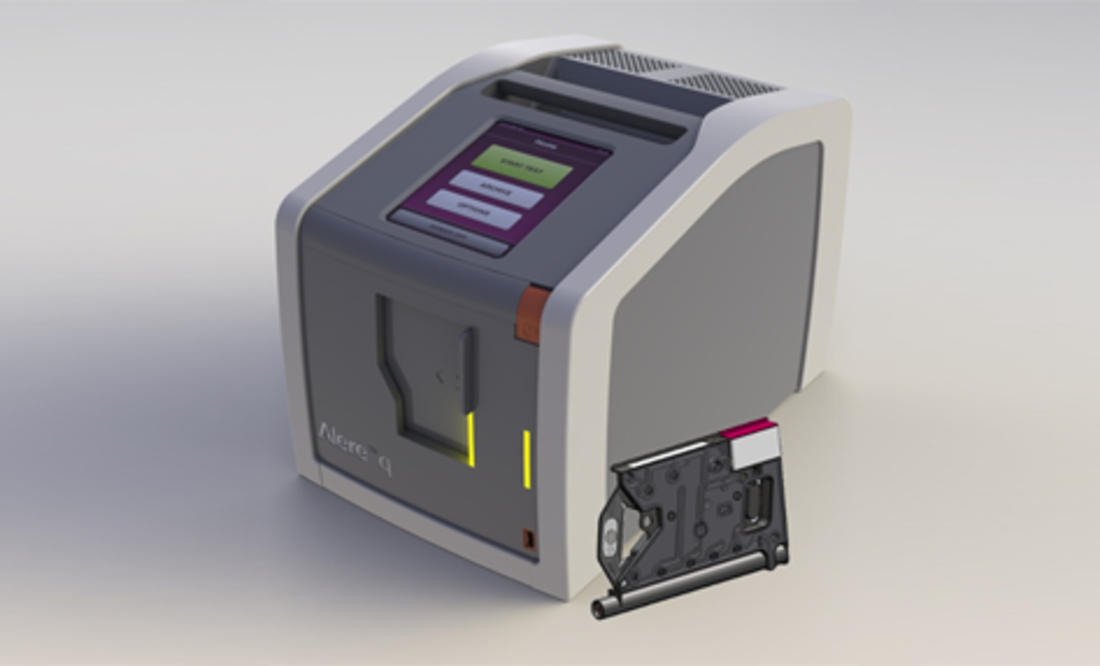Detection of carbapenemase-forming pathogens and their products
1. February 2015 - 31. January 2020
Carbapenemases are enzymes produced by bacteria that cleave most of the currently available and used beta-lactam antibiotics and thus provide resistance to these. Carbapenemase-forming pathogens can often colonise patients without causing disease. If they do trigger an infection, for example in patients with severe illness and/or in patients in intensive care units, this type of antibiotic resistance may result in the failure of most potential therapies and a dramatic decline in the condition of the affected patients. This often occurs within regular outbreaks. Carbapenemases also act against carbapenems. This class of special reserve antibiotics is absolutely essential in surgical and intensive medicine. For this reason as well, there is an urgent need for the rapid detection of carbapenemase-associated resistance genes and their products. The current laboratory tests to confirm and identify carbapenemases and/or carbapenemase-forming pathogens do not yet meet routine screening requirements.
The aim of the subproject is to develop methods for genotypic and phenotypic carbapenemase detection and identification directly from patient samples, but also cell cultures. Point-of-care procedures can be performed in the laboratory and in the hospital, e.g. during the patient enrollment screening. In the case of a positive result, the therapy can be adapted or changed and further spread of resistant germs can be prevented by hygienic measures.
Technological solutions for the detection of carbapenemase-forming organisms and their products include microarray-based assays, nucleic acid amplification and detection and specific protein tests in various laboratory and point-of-care-compatible formats.
This research project is part of the core project "Pneumonia in Immunosuppression"
Project duration
01.02.2015 – 31.01.2020
Project coordination
Alere Technologies GmbH
